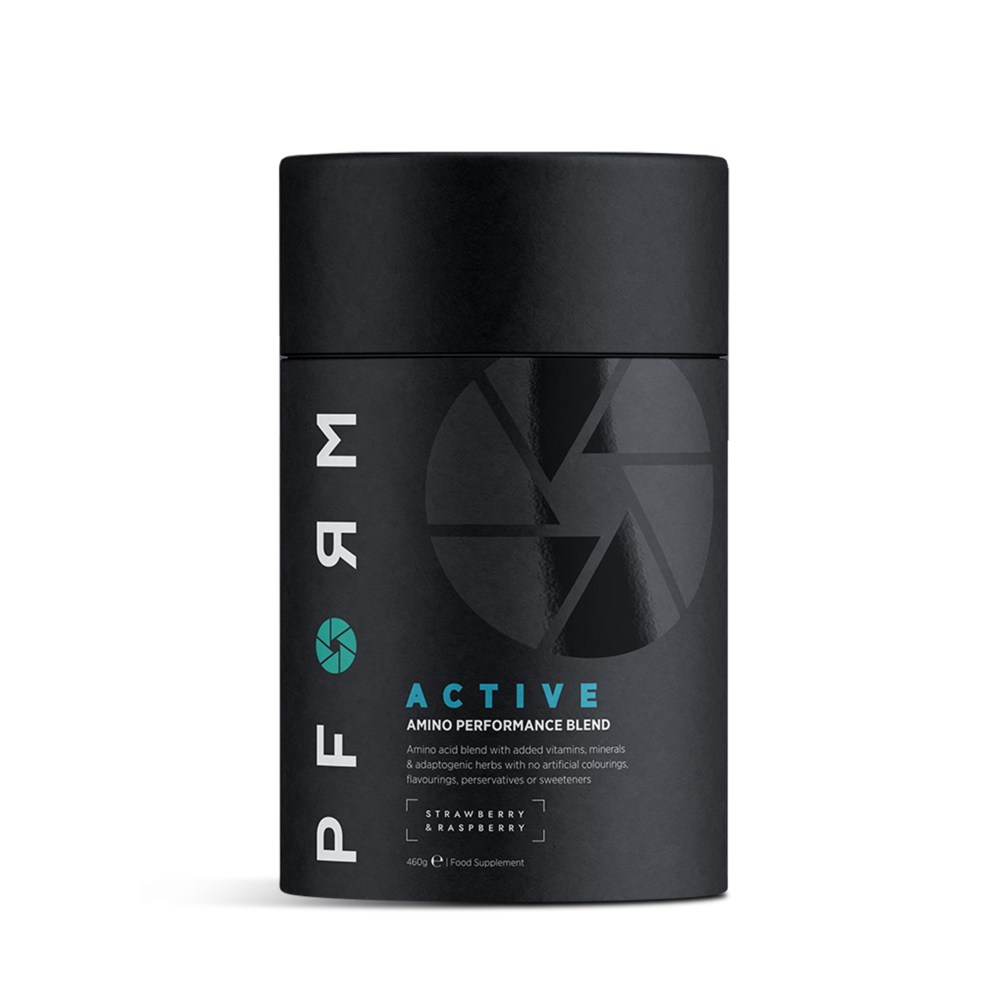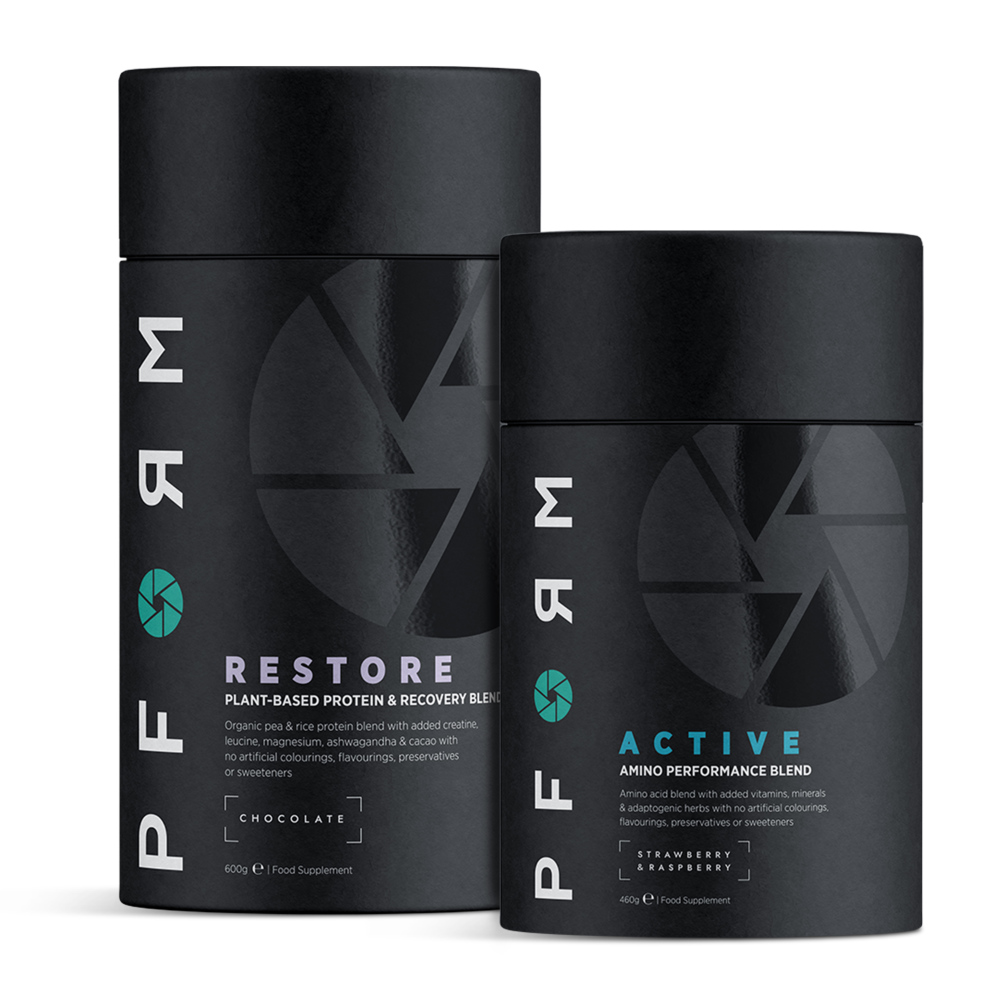
The athletic and body composition benefits of HMB
If you are looking to enhance muscle gains, accelerate recovery and improve performance, HMB may be a missing segment to your nutrition strategy! In this article we review the potential benefits of HMB in relation to athletic performance and body composition optimisation.
What is HMB?
HMB, abbreviation for beta-hydroxy-beta-methylbutyrate, is generated when the branched chain amino acid (BCAA) leucine is broken down. Leucine is the most potent BCAA in activating the muscle protein synthesis pathway, playing a critical role in muscle building (1) and the prevention of muscle breakdown (2). Leucine supplementation is therefore popular in the sports industry to optimise performance and enhance recovery (2,3,4).
HMB also plays a key role in the activation of muscle protein synthesis and similarly to leucine, through stimulation of the protein called mTOR (mammalian target of rapamycin) (5). HMB is indicated to increase protein synthesis and prevent muscle breakdown (5,6,7).
Let’s assess the potential benefits of HMB
Enhanced muscle protein synthesis
HMB supplementation enhances the muscle protein synthesis process, critical for muscle repair, regeneration and growth (5).
Increased muscle gains
Supplementation of HMB may increase muscle mass and strength in combination with resistance training (9). It may also increase the lean muscle gains (6). Also, when HMB is taken in addition to amino acid supplementation, it may result in significantly greater strength gains than taking the amino acid supplementation alone (9).
Better performance
A daily dose of 38 mg per kg of bodyweight of HMB enhances skeletal muscle hypertrophy, strength and power in both trained and untrained individuals – as long as you get the appropriate training in there too (7)!
Reduced muscle breakdown
HMB supplementation may decrease muscle protein breakdown (5) and preserve muscle mass in older adults (10).
Increased fat mass reduction
Again, in combination with training and the right diet, HMB supplementation may result in greater reductions in fat mass (7).
Take home points
HMB is generated from the BCAA leucine: as leucine is broken down, HMB is produced and they both activate the key protein involved in muscle protein synthesis mTOR (mammalian target of rapamycin).
HMB may enhance recovery and performance: due to preventing muscle protein breakdown and enhancing muscle protein synthesis.
Related Products
References
- Duan et al. (2015). Nutritional and regulatory roles of leucine in muscle growth and fat reduction.
- Peters et al. (2011). Dose-dependent effects of leucine supplementation on preservation of muscle mass in cancer cachectic mice.
- Ispoglou et al. (2011). Daily L-leucine supplementation in novice trainees during a 12- week weight training program.
- Crowe et al. (2006). Effects of dietary leucine supplementation on exercise performance.
- Wilkinson et al. (2013). Effects of leucine and its metabolite β-hydroxy –β-methylbutyrate on human skeletal muscle protein metabolism.
- Nissen et al. (1997). Nutritional role of the leucine metabolite β-hydroxy –β-methylbutyrate (HMB).
- Wilson et al. (2013). International society of sports nutrition position stand: beta-hydroxy-beta-methylbutyrate (HMB).
- Holecek et al. (2017). Beta-hydroxy-beta-methylbutyrate supplementation and skeletal muscle in healthy and muscle-wasting conditions.
- Flakoll et al. (2004). Effect of beta-hydroxy-beta-methylbutyrate, arginine, and lysine supplementation on strength, functionality, body composition and protein metabolism in elderly women.
- Wu et al. (2015). Effects of beta-hydroxy-beta-methylbutyrate supplementation on muscle loss in older adults: as systematic review and meta-analysis.


